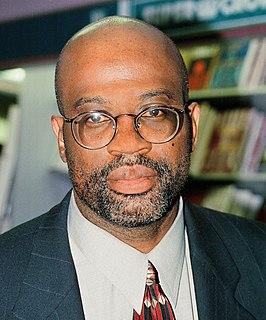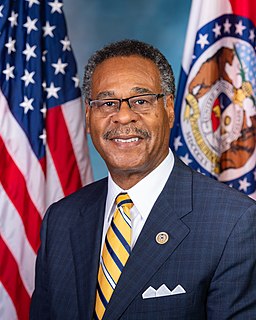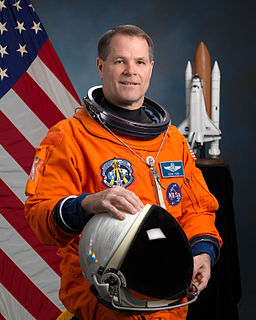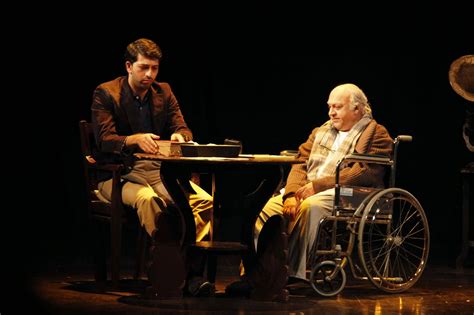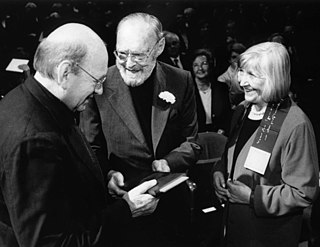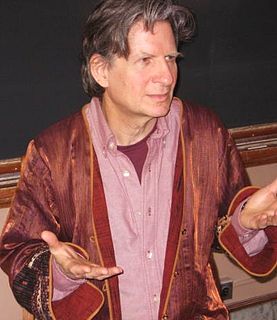A Quote by Christopher Darden
That's an interesting question. I would say that in general Americans know very little about the law. It's one of those things that most of us take for granted.
Related Quotes
Whenever you take a general meeting, inevitably you run out of things to talk about, they'd always say, 'What's your dream project?' I would always pull out 'Gerald's Game.' If they knew the book, they'd say, 'Well, that's unfilmable.' If they didn't know the book it would take about 30 seconds of my pitch to say, 'That's not a movie.'
most Americans are in deep awe of things-as-they-are. Even with everything this obviously out of control, they still tell themselves that those in authority must know what they are doing, and must be describing our condition to us as it really is; they still take it for granted that somehow what is, what is done, must make sense, can't really be insane. These assumptions exercise a tyranny over their minds.
The tension of opposites: Life is a series of pulls back and forth. You want to do one thing, but you are bound to do something else. Something hurts you, yet you know it shouldn't. You take certain things for granted, even when you know you should never take anything for granted. A tension of opposites, like a pull on a rubber band. And most of us live somewhere in the middle.
When I was at Notre Dame studying under Joe Evans, Frank O'Malley, and others, there was a very lively debate about the distinction between natural law and revealed truth. Most of the philosophers of church and state expected that what was going to be advocated as the law of the land would be related to natural law. If you attempted to draw lines about certain general moral truths that were derivative of logic and reason, they would prove to be widely shared, and therefore suitable to be enacted into law on both the civic and religious sides.
Sexuality is important, but it's certainly not the most interesting or important thing happening to you right now. We live in a world that tells us that there are only two important things. One is the acquisition of goods and the other is either the acquisition or avoidance of sex, but it turns out that the question of who's a virgin and who's a virgout is not the most interesting question.
I think most of us secretly know – and those of us at the radical middle are inclined to say – that without such concepts as duty and honor and service, no civilization can endure. ... I suspect most Americans would respond positively to a [draft] if it gives us some choice in how to exercise that duty and service. ... Exactly the kind of choice my generation did not have during the Vietnam War.
I find that the interesting challenges, because there's obvious things where, you know, don't be unethical, don't be evil, you know, don't break the law, don't do immoral things, those are all straightforward and don't create ethical dilemmas. The thing that's interesting is when you actually have multiple interests at stake and you have to kind of navigate your way through it.
You know how easily and suddenly these things happen, beginning in playful teasing and ending in something a little warmer than friendship. You squeeze the slender arm which is passed through yours, you venture to take the little gloved hand, you say good night at absurd length in the shadow of the door. It is innocent and very interesting, love trying his wings in a first little flutter.
If I was going to sum up my approach to this whole mind issue, I would say this: the question is often formulated in a very bad way - for example, by posing the question in terms of stuff. It's better to start with the things we do know: for example, that there are people and other thinking creatures, who have mental capacities. Our next step should be to say something about these capacities.
